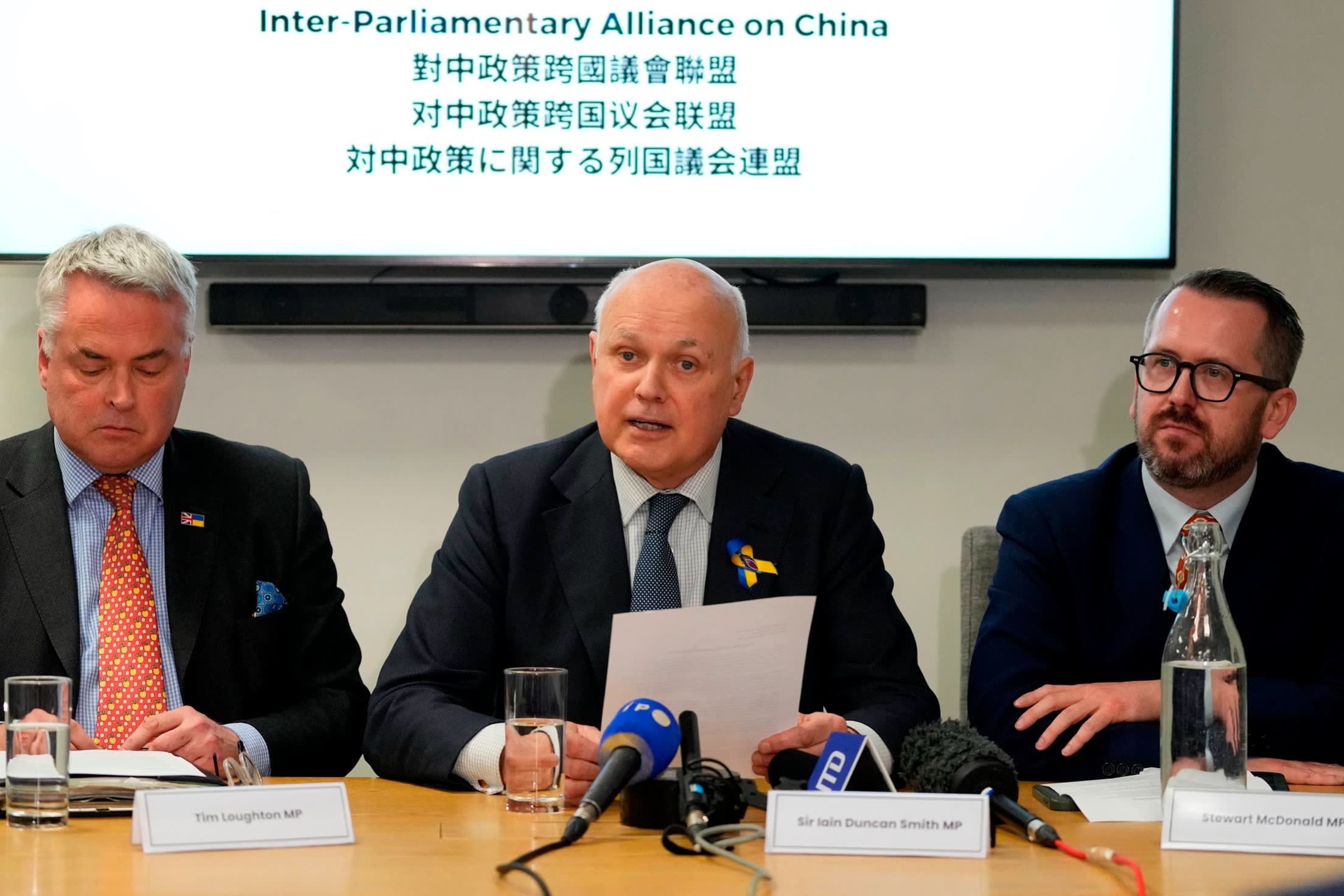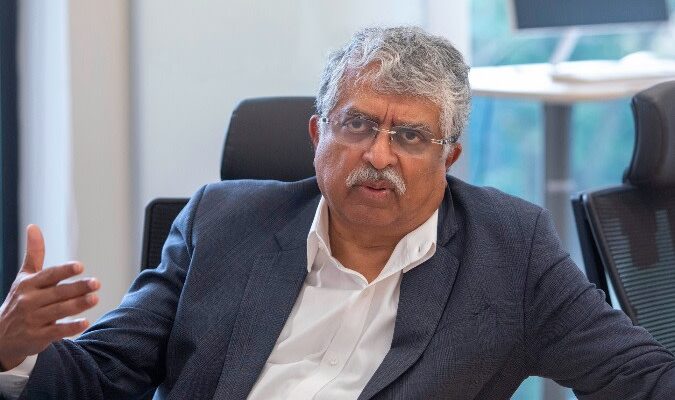Unlock the Editor’s Digest for free
Roula Khalaf, Editor of the FT, selects her favourite stories in this weekly newsletter.
Rishi Sunak is preparing a new crackdown on Chinese entities operating in Britain following repeated cyber attacks by Beijing, but the prime minister’s allies said any action would be proportionate.
Sunak told MPs on Tuesday that Britain was already taking action against China that was “undoubtedly more robust than most of our allies” and government insiders said any new measures would be designed “carefully”.
His comments came after the government revealed on Monday that Chinese hackers were behind two malicious cyber campaigns that targeted UK parliamentarians and Britain’s Electoral Commission.
On Tuesday the Foreign Office summoned the Chinese chargé d’affaires to deliver a message of “unequivocal condemnation” in response to the alleged hacking activity. The Chinese ambassador to London was away.
Oliver Dowden, the deputy prime minister, said there was a “strong case” for putting China into an “enhanced tier” of countries deemed to pose a risk to Britain under the 2023 National Security Act.
This would require the registration of an activity “where a person is acting at the direction of specified foreign powers or entities that have been assessed as posing a potential risk to UK safety or interests”.
Downing Street said the foreign influence registration scheme set up under the legislation aimed to strengthen the “resilience of the UK political system against covert influence” and provide greater assurance against the activities of certain foreign powers and entities.
Kemi Badenoch, the business secretary, was pushing to ensure that any new regime was designed with “business and trade implications” in mind to avoid unduly damaging trading relations with China and investment in the UK by Chinese companies, government insiders said.
They added that the prime minister was keen to avoid “unintended consequences” and ensure any new regime did not lead to large numbers of people working for — or alongside — Chinese companies in the UK having to register with the authorities.
“This will have to be done carefully,” said one person briefed on the internal government discussions, adding that ministers would look at the “spectrum” of Chinese state involvement in the UK before deciding how to act.
Gillian Keegan, the education secretary, told GB News on Tuesday that while Dowden had announced only the “first step” in the UK’s response to the cyber campaigns this week, “clearly starting some sort of trade issues is what we want to avoid”.
Ministers are planning for the foreign influence registration scheme to become active around October, which means secondary legislation specifying which foreign powers are designated in the enhanced tier must be laid in parliament by the end of May at the latest, according to officials.
Tensions about whether to include China in the more stringent level have simmered across Whitehall since last spring, when the proposals were first examined in the lead-up to the National Security Act becoming law.
Home Office ministers were keen to place China in the enhanced tier, while the Foreign Office and the Department for Business and Trade had advocated a more cautious approach, government insiders said.
But Sunak is facing pressure from China hawks within his party to take tough action in the wake of the cyber attacks. Robert Jenrick, the former immigration minister, branded the government “feeble” for imposing sanctions on only two Chinese officials and one Chinese entity on Monday.

Former Tory leader Sir Iain Duncan Smith likened Britain’s response to an “elephant giving birth to a mouse” as he called for a bigger raft of sanctions against China and urged the government to label Beijing a “threat” rather than its current designation as an “epoch-defining challenge”.
However, some frontbenchers are calling for more a more measured response. “Monday was significant as the first time China has ever been called out for a cyber attack against the UK,” said one cabinet minister. “But the likes of Iain Duncan Smith are never going to be satisfied until China is cut out of every aspect of British life — which is completely unrealistic.”
Industry executives have privately grumbled about a lack of clarity over the government’s approach.
“It feels like the government doesn’t know what to do about China,” said one senior business figure. “It’s all very well talking about our trade independence. But when it comes to things like white goods, we are completely dependent on imports from China. So it’s a dilemma, and no one has the answer.”
Sunak refused to be drawn at a meeting of the House of Commons liaison committee on whether Britain would follow the US in pushing for Chinese-owned ByteDance to divest from TikTok over security concerns on Tuesday.
However, he argued that regulations already in place — including controls on sensitive technologies to China and its National Security Act — were “more robust probably than what you’d find in any other country in the EU”.
The prime minister also noted that the UK was less dependent on China for trade than many of its allies, including Australia, Korea, Japan, the US and Germany.


